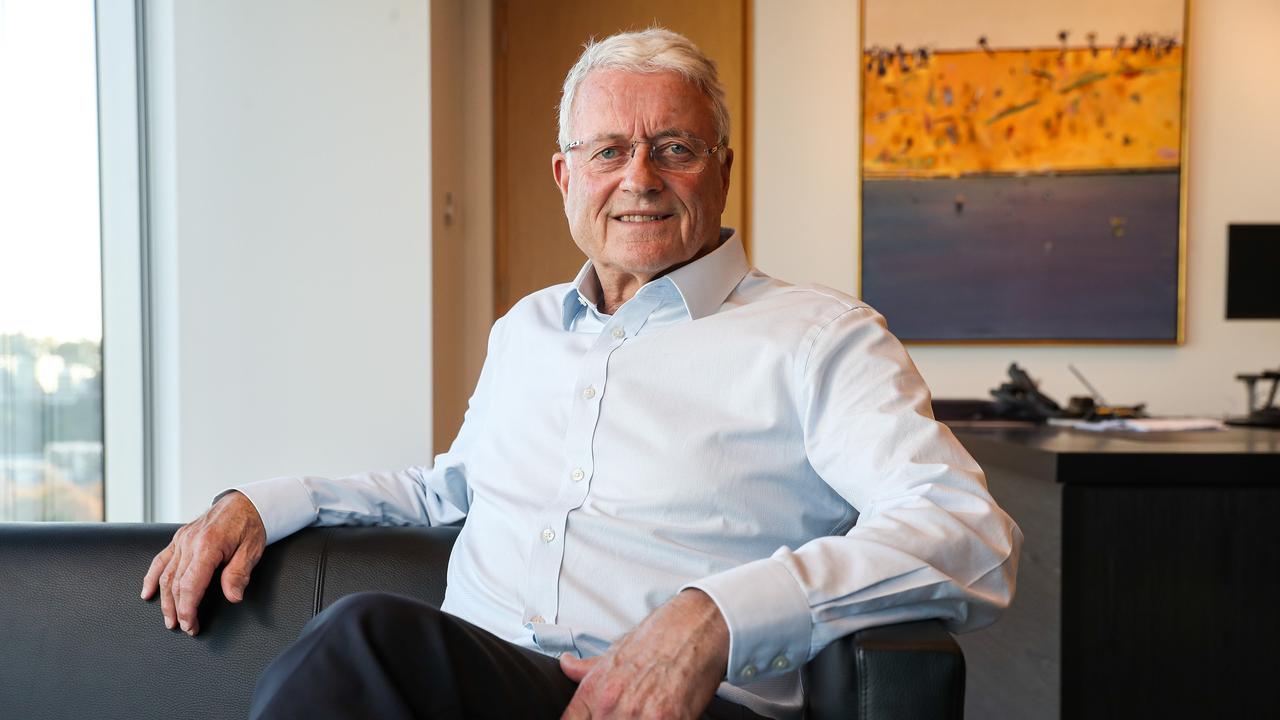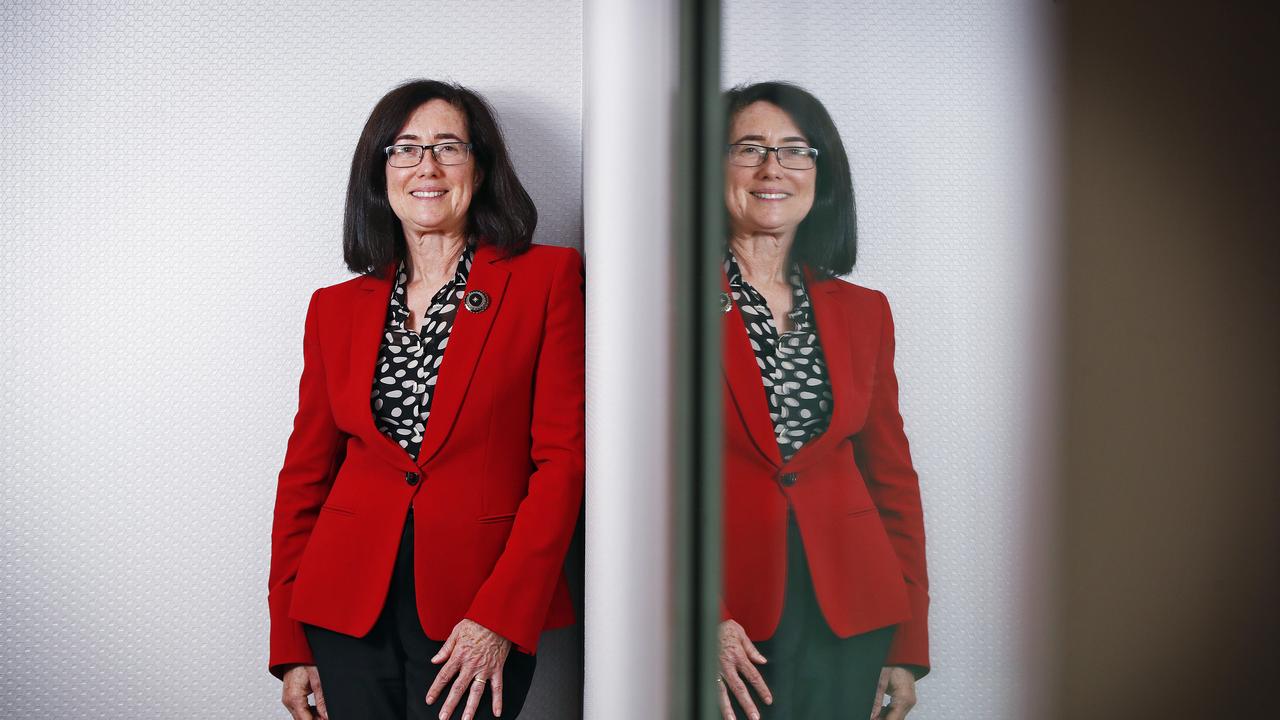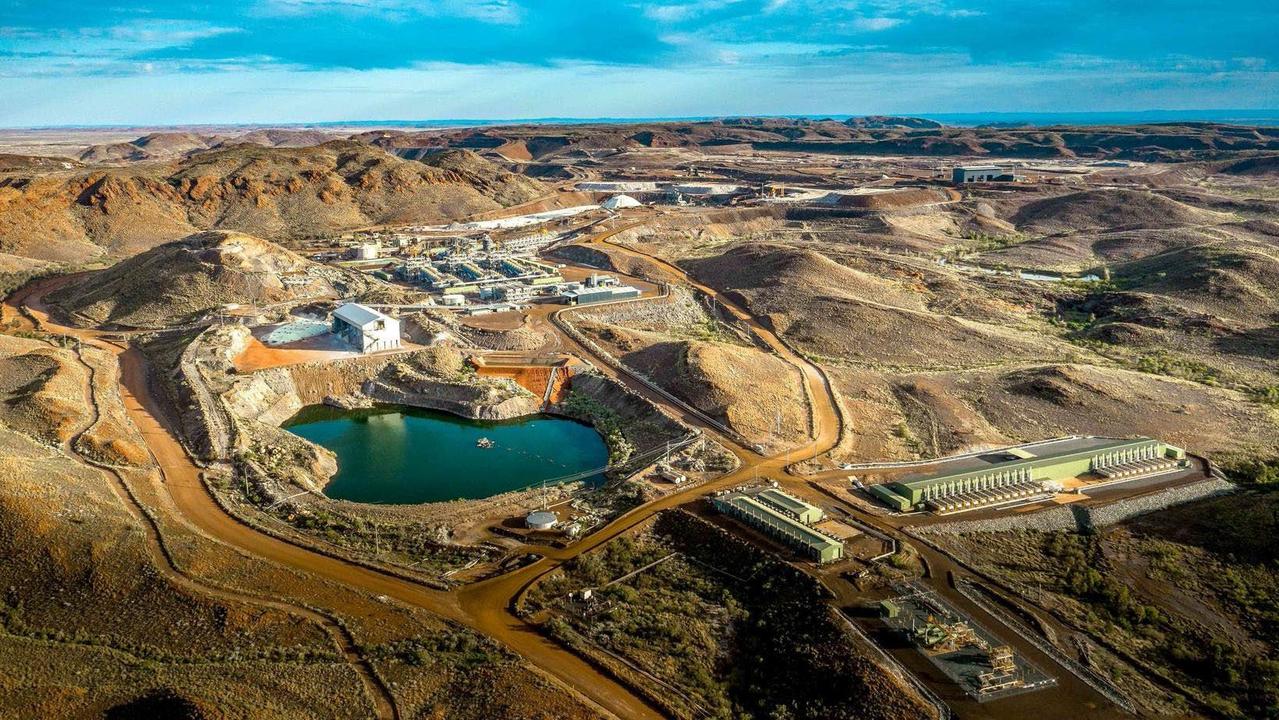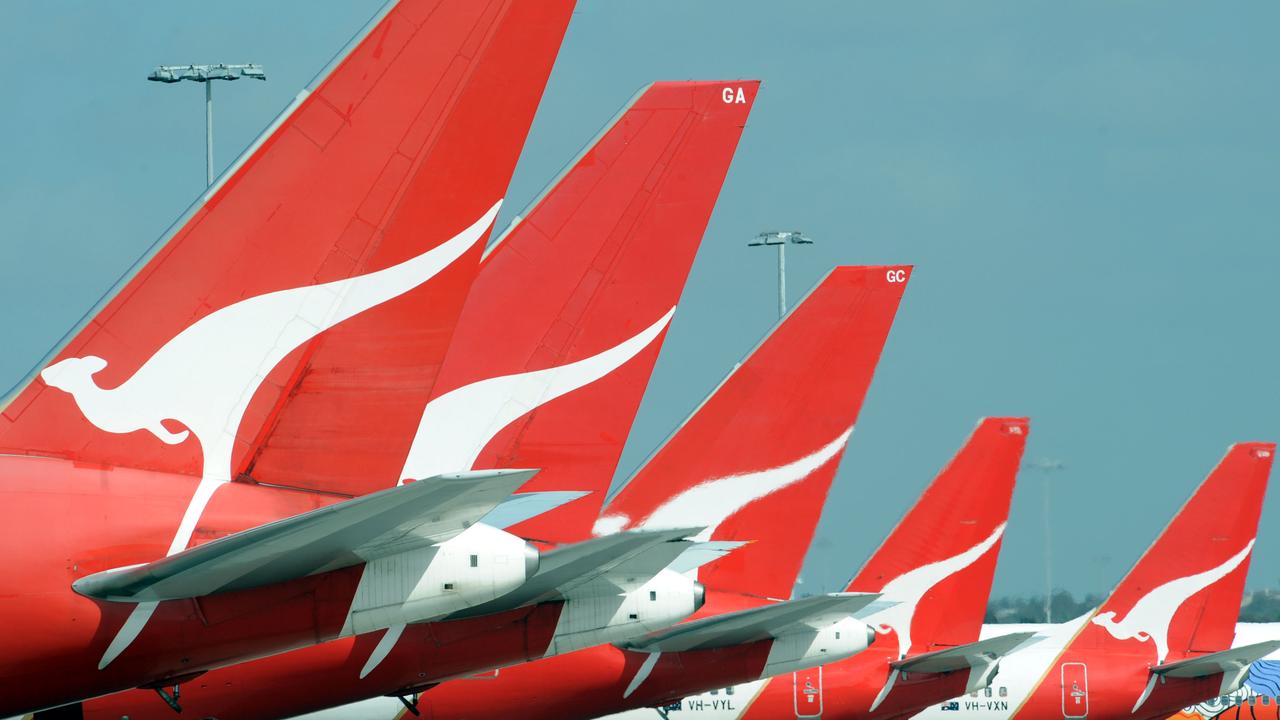Transport giant Linfox posts $80m loss after Armaguard hit
Transport giant Linfox, founded by trucking billionaire Lindsay Fox, has posted an almost $80m loss after taking a hit from its troubled cash distribution business Armaguard.
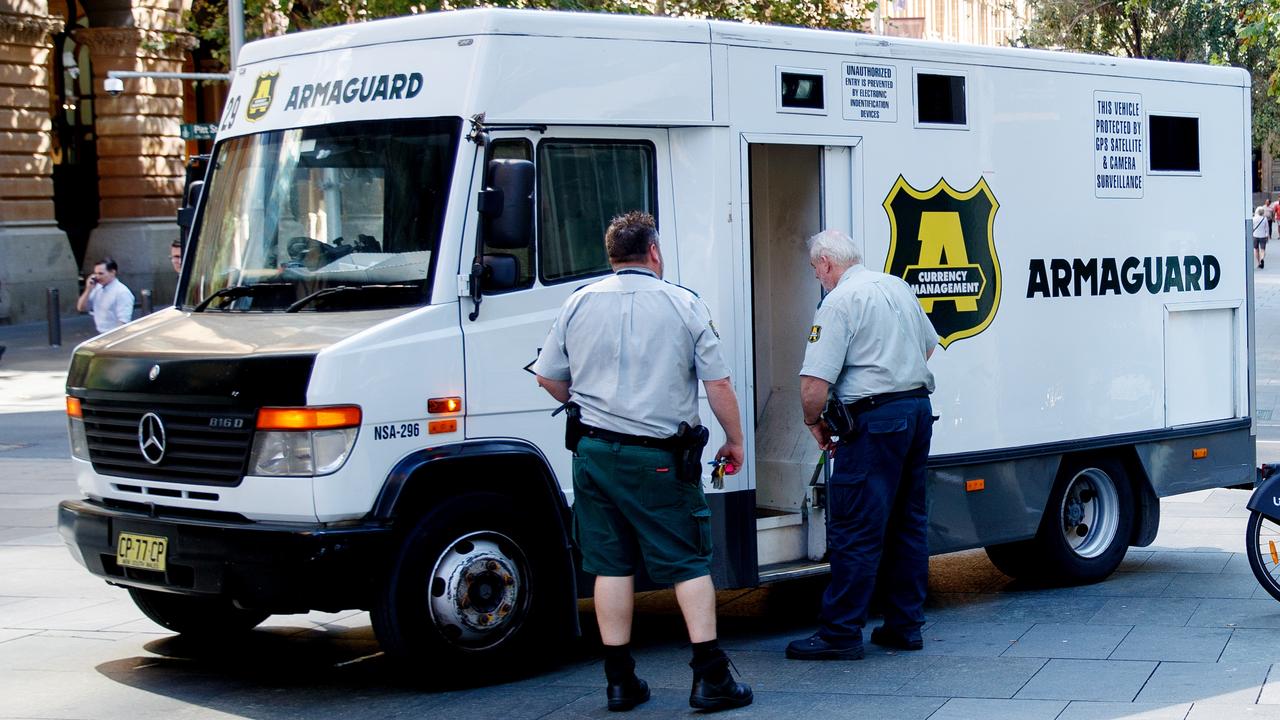
Business
Don't miss out on the headlines from Business. Followed categories will be added to My News.
Transport giant Linfox, founded by trucking billionaire Lindsay Fox, has posted an almost $80m loss after taking a hit from its troubled cash distribution business Armaguard.
Melbourne-based Linfox reported a net loss for the year of $79.2m compared to $96.2m profit in 2023, hit by Armaguard losses, which included impairments of $93m and restructuring and integration costs of $24m.
The group reported revenue from contracts with customers of $3.8bn for the year ended June 30, 2024, up from $3.66bn in 2023, according to filings with ASIC.
In June, Armaguard was handed a $50m lifeline after doing a deal with the nation’s major banks and retailers to prop up the cash transporter for a year.
In September 2023, Linfox merged Armaguard with competitor Prosegur’s Australian operations as part of a major consolidation in the cash distribution business.
Under the deal, Linfox and Prosegur agreed to tip a further $30m into the cash distributor. The multi-party deal ensured the distribution of cash around the country until next year.
The agreement will see Armaguard subject to regular performance hurdles as it works on turning the business around.
The money will be jointly provided by Australia’s big four banks – ANZ, CBA, NAB and Westpac – along with four of the largest retailers: Wesfarmers, Coles, Woolworths and Australia Post.
The deal came after a tense few months following the breakdown of an earlier agreement sought between the parties.
According to the filing with ASIC, the first payments under the deal were received in September and are expected to continue to June next year.
“The group will continue to work with its customers and regulatory authorities to … establish a transparent industry solution that is financially sustainable for the longer-term benefit of the public to continue to have access to cash,” Linfox said.
Cash is only used in about 12 per cent of transactions now, down from 50 per cent 10 to 15 years ago as more people access digital banking services instead.
Linfox said that despite the ever-increasing prevalence of electronic payments, cash would continue to remain as a secure method of payment that is less exposed to system failures.
Originally published as Transport giant Linfox posts $80m loss after Armaguard hit




